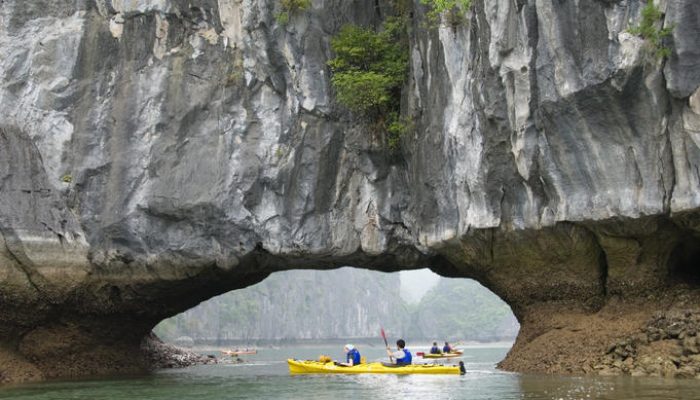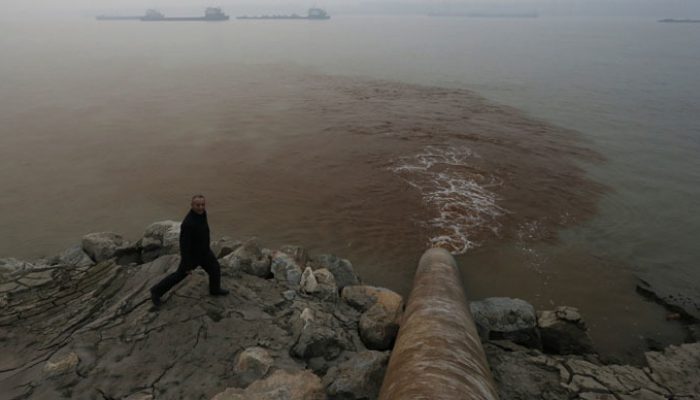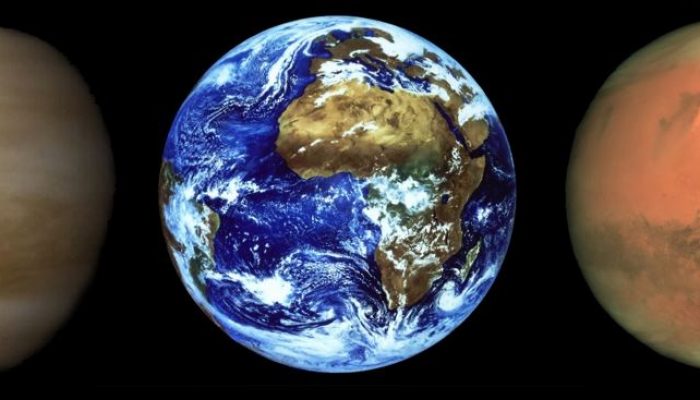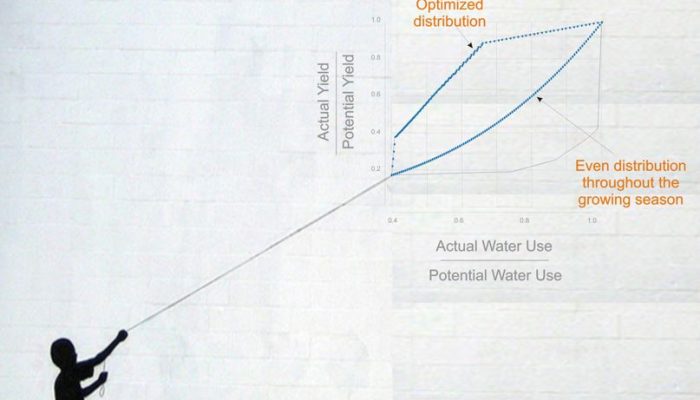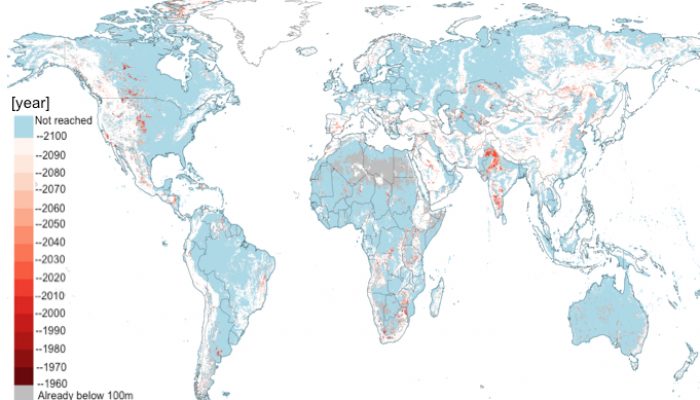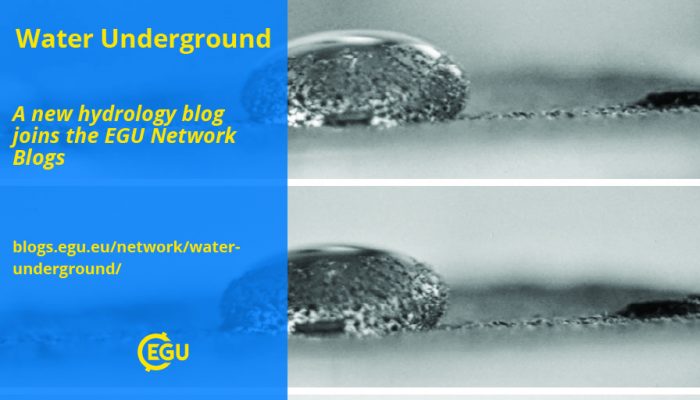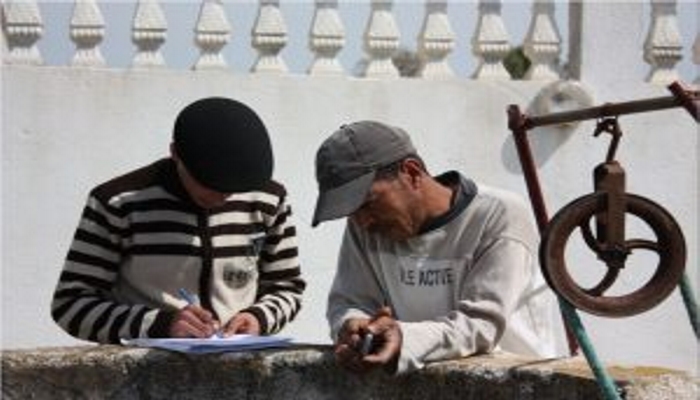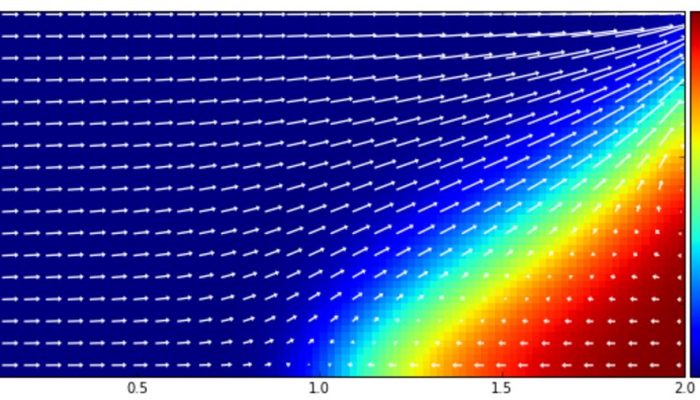Episode 1 – A different introduction to karst by Andreas Hartmann, Lecturer in Hydrology at the University of Freiburg Usually, textbooks or lectures start with the theoretical background and basic knowledge of the topic they try to cover. Writing my first contribution to the Water Underground blog I want to take advantage of this less formal environment. I will introduce karst as I and many othe ...[Read More]
WTF of the WTF method
by Tara Forstner, University of Victoria I recently wrote a term paper for one of my graduate classes on the limitations of the water table fluctuation (WTF) method, and I have to say, WTF! Techniques using groundwater level fluctuations as a means of calculating recharge are very common. With observation well hydrographs and precipitation data, this method can be applied quite simply, requiring n ...[Read More]
Deep challenges: China’s ‘war on water pollution’ must tackle deep groundwater pollution pathways
by Matthew Currell, School of Engineering, RMIT University, Australia As part of its recent ‘war on pollution’, the Chinese Central Government released a major policy on water pollution control and clean-up, called the ‘10-point water plan’ in 2015. The plan aims to deal once and for all with China’s chronic water quality problems. China’s water quality deficiencies became widely recognised around ...[Read More]
Groundwater and Agriculture: Tapping the Hidden Benefits
By: Sam Zipper, Postdoctoral Fellow, McGill University/University of Victoria When people think of groundwater in agricultural landscapes, pumping and irrigation are usually the first thing that comes to mind. However, groundwater can have a more subtle but extremely important impact on crop production when we decide to leave it underground: When there is shallow groundwater beneath an agricultura ...[Read More]
How did our planet get its water?
Post by WaterUnderground contributors Elco Luijendijk and Stefan Peters from the University of Göttingen, in Germany. After my first ever scientific presentation, someone in the audience asked a question that caught me off guard: “Where does the groundwater come from?”. “Ehm, from rainfall”, I answered. The answer seemed obvious at the time. However, we did not realize at the time that this is a ...[Read More]
Crop kites
Post by WaterUnderground contributor Mikhail Smilovic. Mikhail is a PhD candidate in the Department of Civil Engineering at McGill University, in Quebec. Crops use water for photosynthesis, absorbing nutrients, and transpiration, or the plant-equivalent of sweating. A crop may experience water-stress if the soil surrounding the roots is not adequately wet, and this stress will affect the crop dif ...[Read More]
Limits to global groundwater use
Post by WaterUnderground contributor Inge de Graaf. Inge is a postdoc fellow at Colorado School of Mines, in the USA. Groundwater is the world’s most important source of freshwater. It supplies 2 billion people with drinking water and is used for irrigation of the largest share of the world’s food supply. However, in many regions around the world, groundwater reserves are depleting as the re ...[Read More]
Water Underground has a new home on the EGU Network Blogs
The newest addition to the Network Blogs is a groundwater nerd blog written by a global collective of hydrogeologic researchers for water resource professionals, academics and anyone interested in groundwater, research, teaching and supervision. Water Underground was started, and is currently led, by Tom Gleeson. It is the first blog to be jointly hosted by the EGU Blogs and the AGU blogosphere. W ...[Read More]
Socio-hydrogeology: bridging the gap between science and society
Authored by Viviana Re, Marie Curie Research Fellow at Ca’ Foscari University of Venice, Italy Sustainability, integrated water resources management, climate change, groundwater governance. These are some of the currently trending topics in hydrogeology, as reflected by their widespread use as keywords in recently published literature. Indeed, hydrogeologists are at the forefront of guaranteeing t ...[Read More]
FloPy: A Python interface for MODFLOW that kicks tail!
Authored by: Kevin Befus – Assistant professor, Department of Civil and Architectural Engineering at the University of Wyoming Groundwater modeling is getting better. Models are becoming more sophisticated with simpler interfaces to add, extract, and process the data. So, at first appearances, the U.S. Geological Survey’s (USGS) recent release of a Python module named FloPy for preparing, ru ...[Read More]

